10 GPTs for Narrative Research Powered by AI for Free of 2025
AI GPTs for Narrative Research are advanced generative pre-trained transformers specifically designed for tasks and topics within the narrative research domain. These tools leverage deep learning algorithms to analyze, generate, and adapt narratives across various formats, including text, audio, and visual content. They are pivotal in understanding complex narrative structures, identifying themes and patterns, and generating coherent storylines, making them invaluable for researchers, writers, and content creators. Their adaptability and proficiency in handling diverse narrative forms underscore their relevance and innovation in narrative studies.
Top 10 GPTs for Narrative Research are: Simple Story Maker,Find-My-Trope,Novel book and psychological interpretation,Character Sketcher,Story Arc Analyzer,Hollow Lore Guide,Spoiler Guru,RELATO,Lore Master,From the Protagonist
Simple Story Maker
Bringing Stories to Life with AI
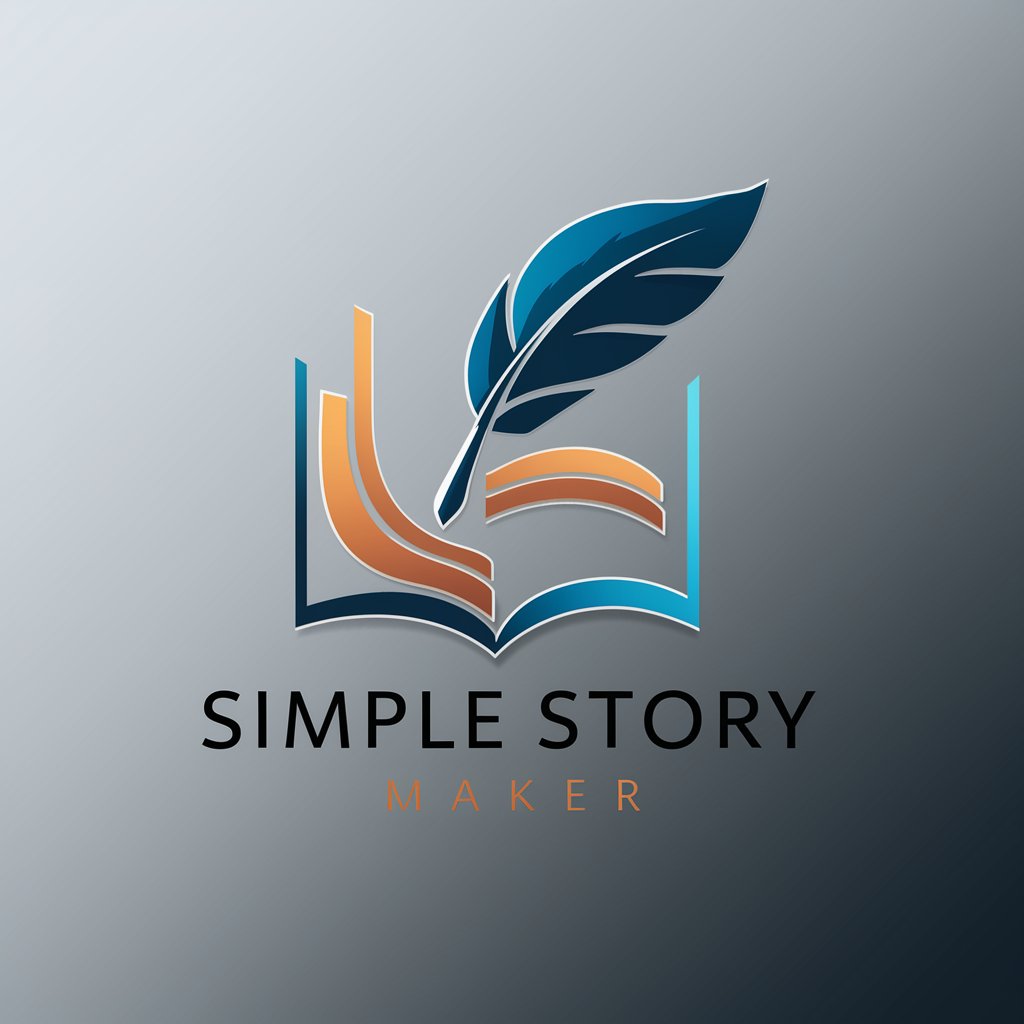
Find-My-Trope
Unleash your story's potential with AI-powered trope analysis.
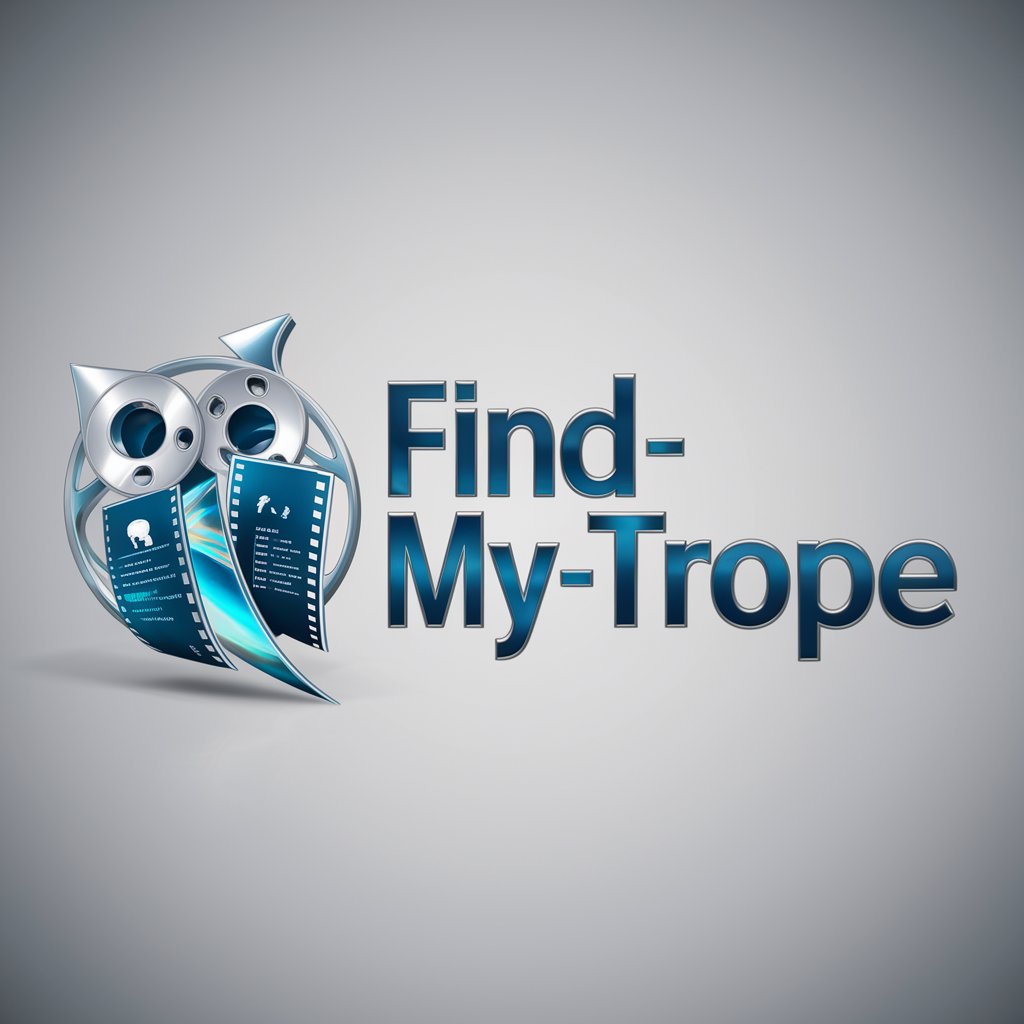
Novel book and psychological interpretation
Uncover Deeper Meanings in Literature
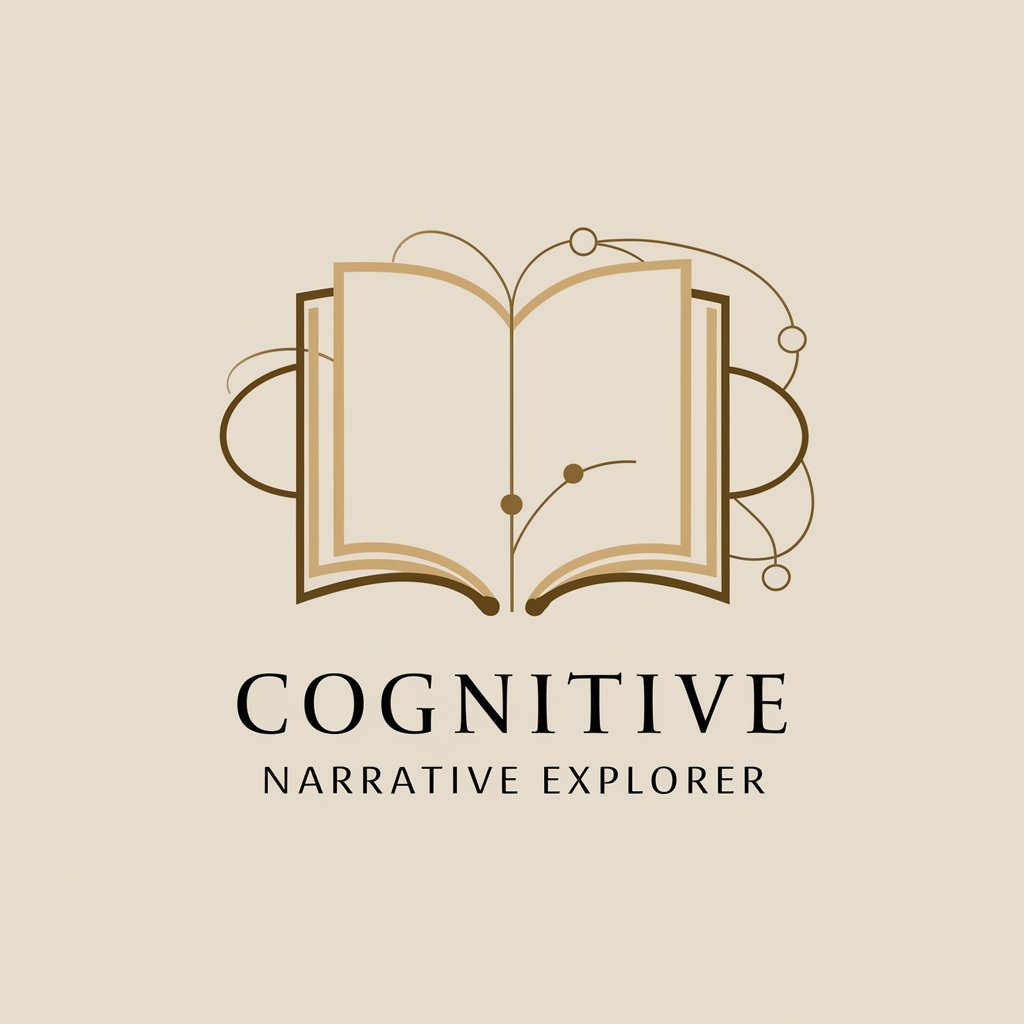
Character Sketcher
Bring Your Characters to Life with AI

Story Arc Analyzer
Unlocking the Secrets of Storytelling with AI
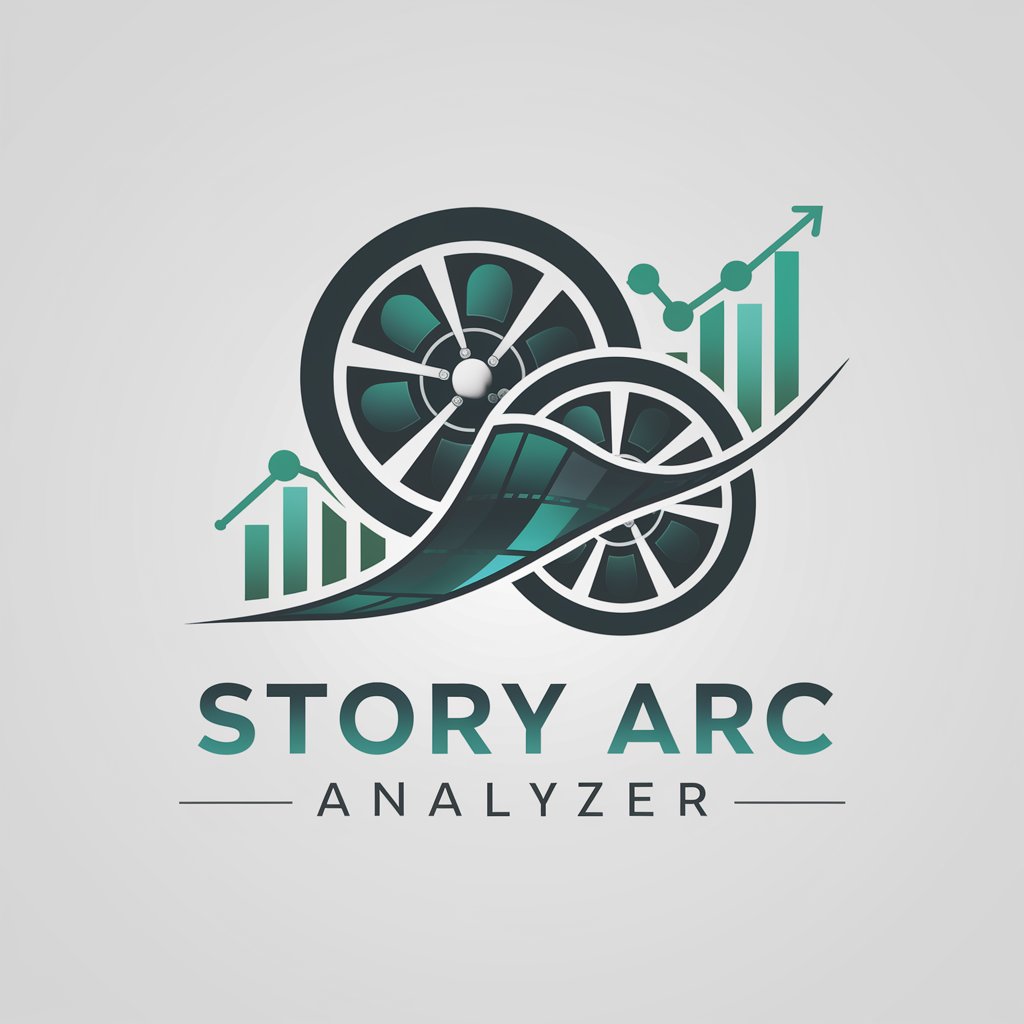
Hollow Lore Guide
Unlock the secrets of Hollow Knight lore.
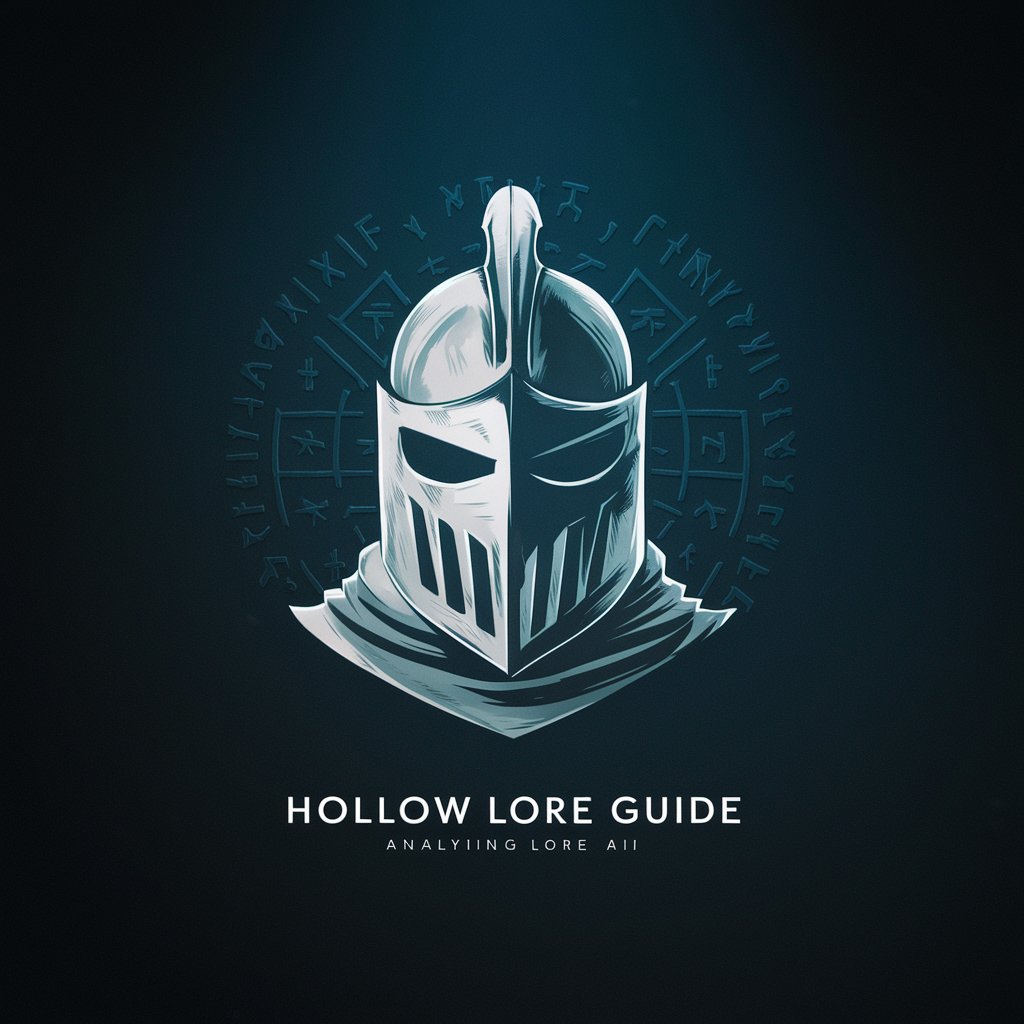
Spoiler Guru
Unveiling Stories, Empowered by AI
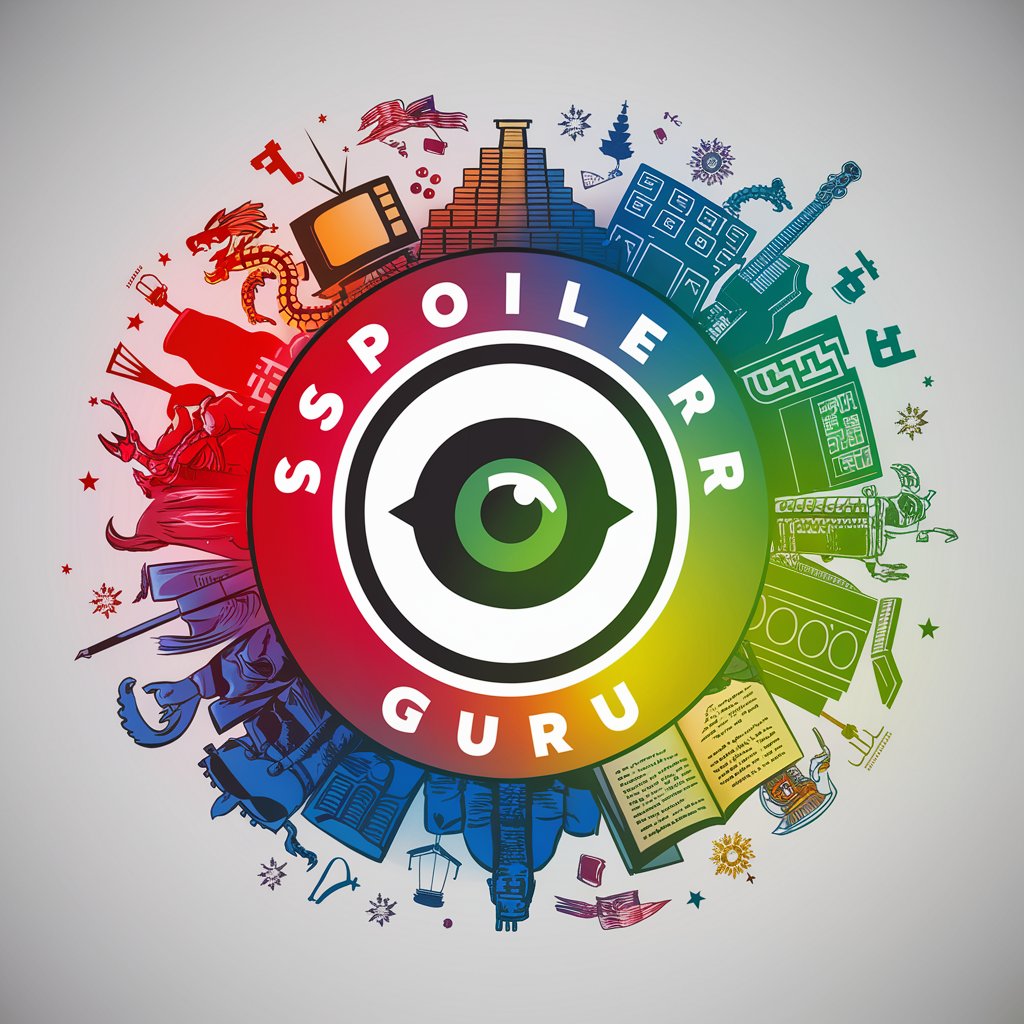
RELATO
Crafting stories with AI-powered guidance
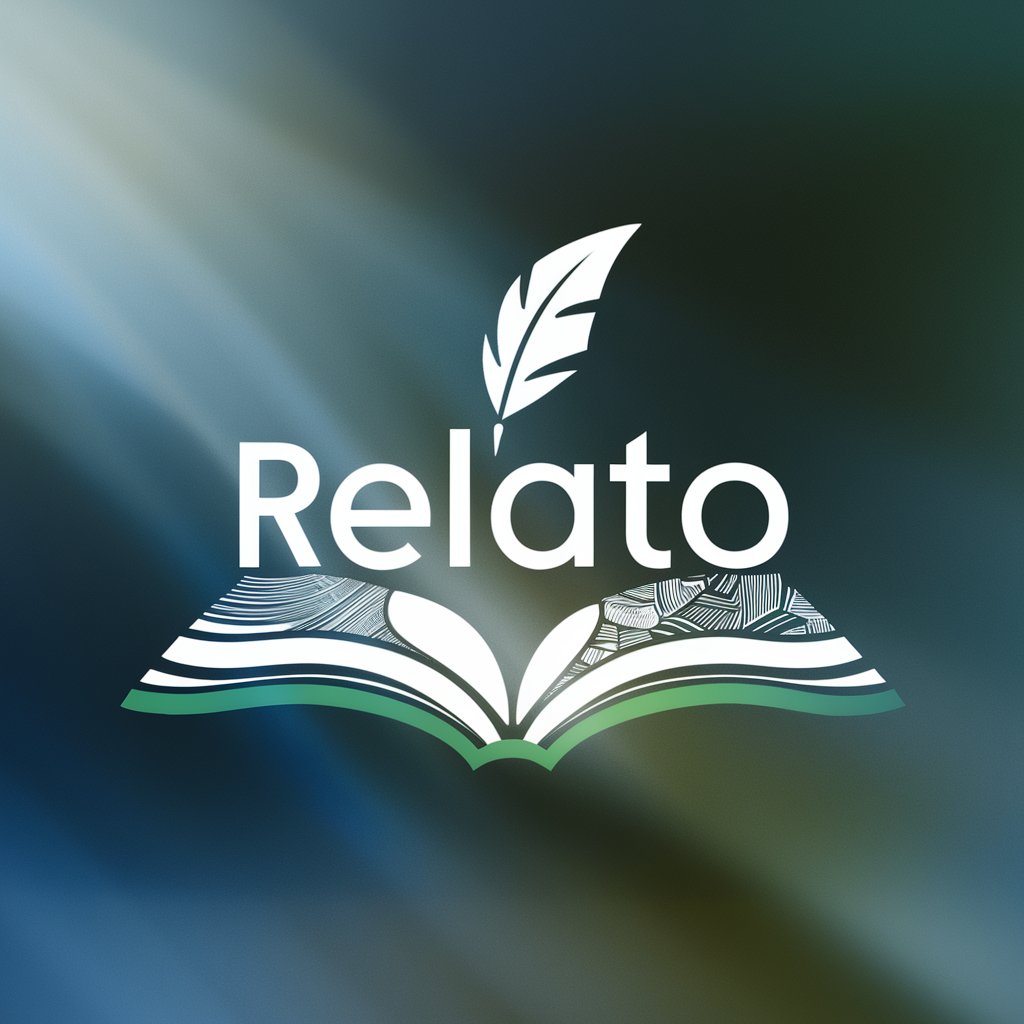
Lore Master
Explore Story Depths with AI
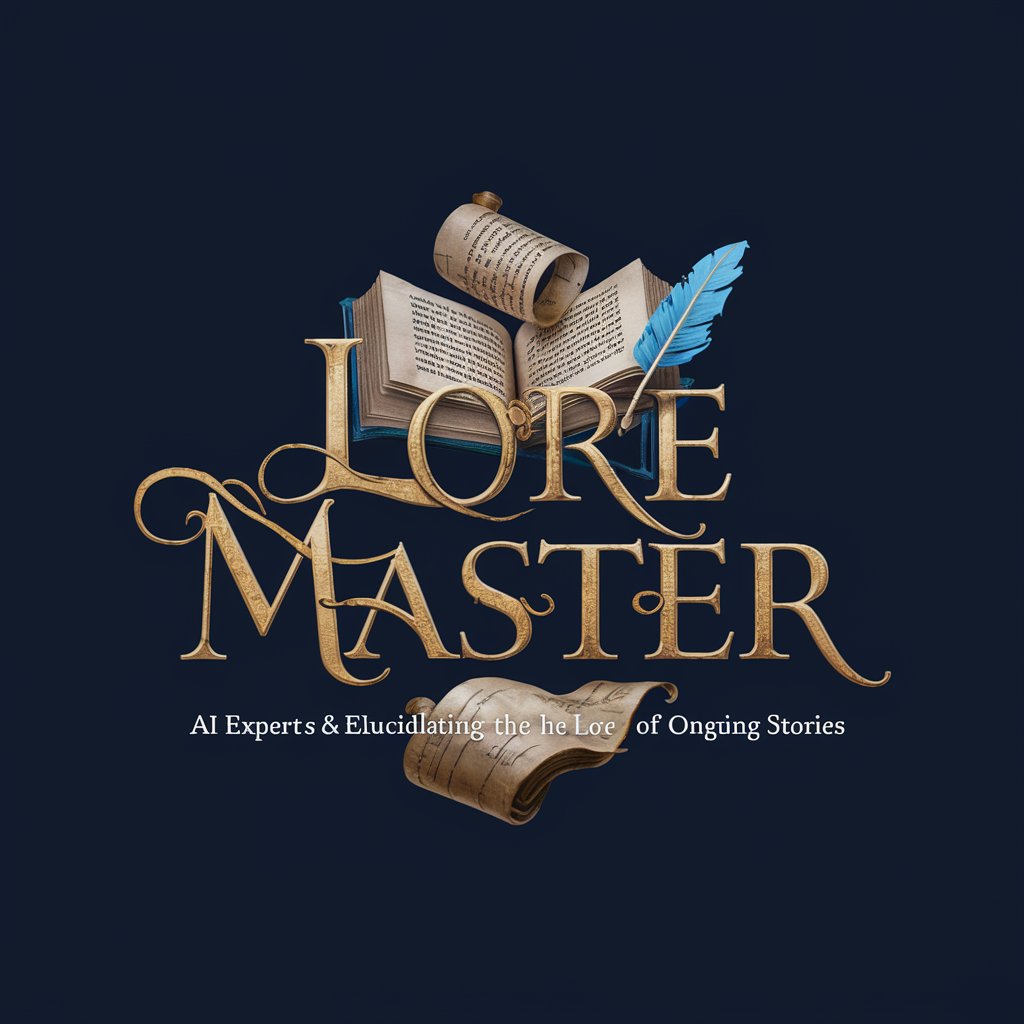
From the Protagonist
Bringing Characters to Life

Key Attributes and Functions
AI GPTs for Narrative Research boast a suite of unique capabilities tailored for narrative analysis and generation. These include advanced natural language processing (NLP) for understanding and creating nuanced text, the ability to learn from vast datasets to identify narrative trends, and the flexibility to adapt to different narrative styles and genres. Special features also encompass technical support for integrating these tools into existing research frameworks, web searching for narrative research, image creation to complement textual narratives, and data analysis to uncover insights within stories.
Intended Users of Narrative Research AI
These tools are designed for a wide range of users, from novices interested in exploring narrative structures to professionals and researchers in the field. They are accessible to those without coding skills, thanks to user-friendly interfaces, while offering robust customization options for developers and experts in narrative research. This inclusivity enhances their applicability across academic, entertainment, and marketing sectors, where narrative plays a crucial role.
Try Our other AI GPTs tools for Free
Psychoanalytical Exploration
Discover how AI GPTs revolutionize psychoanalytical exploration, offering deep insights, customizable tools, and accessible learning for professionals and novices alike.
Emotional Resolution
Explore AI GPTs for Emotional Resolution, advanced tools designed to understand and interact with human emotions, offering personalized support and empathy.
Subconscious Understanding
Explore AI GPTs for Subconscious Understanding: Tailored AI solutions for interpreting subconscious patterns and behaviors, offering unparalleled insights for professionals and novices alike.
Scientific Infographics
Discover how AI GPTs for Scientific Infographics transform complex data into engaging visuals, making scientific information accessible and captivating for all audiences.
University Coursework
Explore AI GPT tools for University Coursework, designed to assist students and educators with academic tasks, research, and learning, through advanced AI technology.
Scriptwriting Aid
Discover AI-powered Scriptwriting Aid tools designed to revolutionize your writing process, offering creative suggestions, narrative insights, and personalized assistance.
Expanding Horizons with AI GPTs
AI GPTs for Narrative Research are at the forefront of technological advancements in narrative studies. Their ability to process and generate complex narratives with high accuracy opens new avenues for exploration and creativity. User-friendly interfaces ensure these tools are accessible to a broad audience, while their integration capabilities allow for enhancement of existing research and creative workflows.
Frequently Asked Questions
What are AI GPTs for Narrative Research?
AI GPTs for Narrative Research are specialized tools using generative pre-trained transformers to analyze, generate, and adapt narratives for various research and creative purposes.
Who can benefit from these tools?
Novices, developers, professionals in narrative studies, writers, and content creators can all benefit from these tools.
Do I need coding skills to use these tools?
No, these tools are designed to be accessible without requiring coding skills, though they offer customization options for those with programming expertise.
Can AI GPTs generate images for narratives?
Yes, many AI GPTs for Narrative Research include image creation capabilities to visually complement textual narratives.
How do AI GPTs adapt to different narrative styles?
They learn from diverse datasets, enabling them to understand and mimic a wide range of narrative styles and genres.
Can these tools be integrated into existing workflows?
Yes, they offer technical support for seamless integration into existing systems or workflows, enhancing research and creative processes.
How do AI GPTs help in narrative research?
They assist in analyzing complex narrative structures, identifying themes, generating coherent storylines, and uncovering insights within stories.
What makes AI GPTs unique in narrative research?
Their advanced NLP, adaptability to narrative styles, and comprehensive features for analysis and generation distinguish them in narrative research.